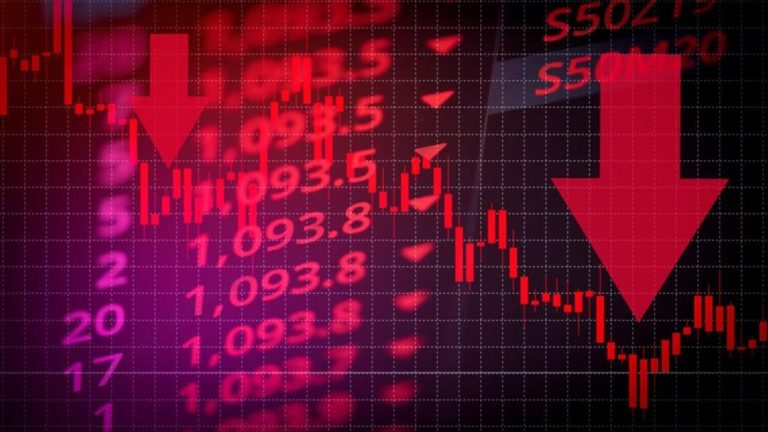
Stock Market Earthquake Must Be Survived: Poland PM Donald Tusk
The global stock market has been experiencing unprecedented volatility in recent days, with indices plummeting to new lows and investors scrambling to make sense of the chaos. Amidst the turmoil, Poland’s Prime Minister, Donald Tusk, has issued a stern warning to his country’s citizens, urging them to remain calm and composed in the face of the “stock market earthquake” that has shaken the world.
Speaking in a statement, Tusk emphasized that the reaction to the ongoing tariff war was predictable, and that the stock market’s current state is a natural consequence of the escalating tensions. He cautioned against making hasty decisions, urging investors to take a step back and assess the situation objectively before reacting.
“The reaction to the tariff war was predictable. The stock market earthquake from Japan through Europe to America must be survived without nervous decisions,” Tusk said. “The Polish stock market also got a ricochet, but political and economic stability are our assets in this difficult time.”
Tusk’s words of wisdom come at a time when the global economy is facing unprecedented uncertainty. The ongoing trade war between the United States and China has sent shockwaves through the financial markets, with investors growing increasingly anxious about the potential consequences of a prolonged conflict.
The Polish Prime Minister’s comments are a stark reminder of the importance of staying calm and level-headed in the face of uncertainty. By urging his citizens to avoid making impulsive decisions, Tusk is attempting to instill a sense of confidence and stability in the Polish economy.
But why is Tusk’s message so important? The answer lies in the fact that the Polish economy has historically been vulnerable to external shocks. With a high dependence on exports and a significant trade relationship with the European Union, Poland is particularly susceptible to the effects of global trade tensions.
In recent years, Poland has made significant strides in terms of economic growth and stability. The country has enjoyed a consistent growth rate, and its strong fiscal position has allowed it to weather the storm of the global financial crisis. However, the current trade war has the potential to disrupt this stability and send the Polish economy into a tailspin.
So, what can investors do to protect themselves from the fallout of the stock market earthquake? Tusk’s advice to avoid making nervous decisions is sage indeed. Instead of reacting impulsively to market fluctuations, investors would be wise to take a step back and assess the situation objectively.
One key strategy for investors is to diversify their portfolios. By spreading their investments across a range of asset classes and sectors, investors can reduce their exposure to any one particular market or sector. This can help to mitigate the impact of market volatility and provide a more stable returns profile.
Another important consideration is the importance of long-term perspective. While it is natural to be concerned about the short-term implications of the stock market earthquake, investors would do well to keep their eyes on the horizon. By focusing on the long-term potential of their investments, investors can avoid making emotional decisions that may ultimately prove costly.
In conclusion, the stock market earthquake that has shaken the world is a stark reminder of the importance of staying calm and level-headed in the face of uncertainty. By avoiding nervous decisions and focusing on long-term perspective, investors can navigate the choppy waters of the global economy and emerge stronger and wiser on the other side.
As Tusk so eloquently put it, the stock market earthquake must be survived. And with the right mindset and strategy, investors can not only survive but thrive in the face of uncertainty.






